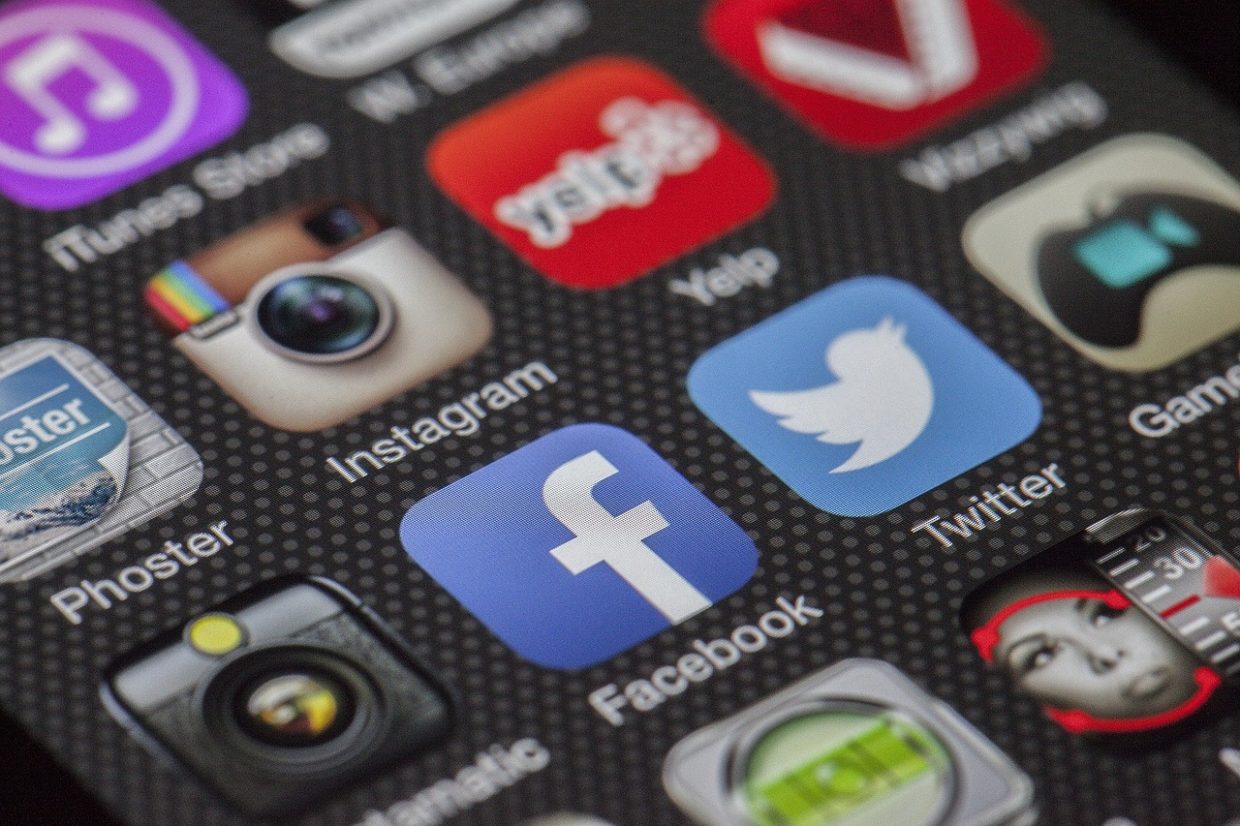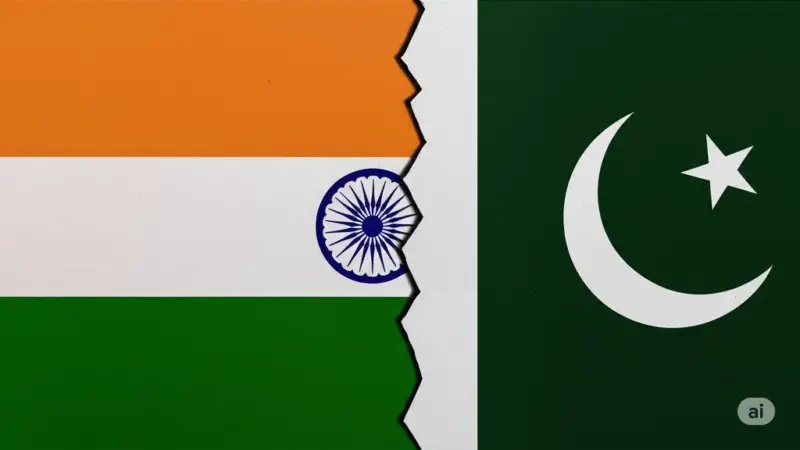Surgeon General Raises Alarm on Child Social Media Risks

In recent years, the use of social media by children and teenagers has become increasingly ubiquitous. Up to 95% of 13- to 17-year-olds in the US use a social media platform and more than a third saying they do so “almost constantly”. The US Surgeon General Dr Vivek Murthy is warning that this use can pose a “profound risk of harm” to young people’s mental health and wellbeing.
In an advisory released on May 23, Murthy calls for tech companies, policymakers, and parents to take “immediate action to protect kids now”. He points out that without robust independent research it is impossible to know whether social media is safe for children and adolescents. The 25-page advisory also notes that current controls on access by children are not working.
“The bottom line is we do not have enough evidence to conclude that social media is, in fact, sufficiently safe for our kids. And that’s really important for parents to know.”
Dr Vivek Murthy said in an interview with the Associated Press.
While most sites apply a minimum age requirement of 13, almost 40% of 8- to 12-year-olds are regular users.
White House Notice on Youth Mental Health Crisis
The report comes as the White House releases its own notice about what it calls the “unprecedented youth mental health crisis” in the US. It says that the number of children and adolescents dealing with depression and anxiety has risen almost 30% in recent years. In response, the White House is forming a new taskforce on kids and online health and safety. This step is mainly taken to identify potential harms posed by online platforms and to come up with solutions for tech companies developing new products.
Revelations from Whistleblower
These warnings come in the wake of revelations from whistleblower Frances Haugen in 2021. He argued that Facebook and Instagram were knowingly directing young users towards harmful content including material that promoted anorexia. These tech companies were even targeting children under 13. An internal study from Facebook’s parent company Meta reported that 14% of teenage girls said their suicidal thoughts intensified when they used Instagram, while 17% said it exacerbated eating disorders.
Risks of Excessive Social Media Use
Murthy emphasizes that while there are positive benefits to accessing social apps. These include providing community and connection with others who share similar interests or identity. It is especially valuable for LGBTQ+ youth. But the benefits are currently overshadowed by risk factors. A long-term study of 12- to 15-year-olds found that adolescents who spend more than three hours each day on social media have twice the risk of mental health challenges including depression and anxiety. Figures from 2021 suggest that the current average in that age group is 3.5 hours a day. Last but not least, excessive social media use can lead to sleep problems which can alter neurological development of the adolescent brain, resulting in depressive symptoms and suicidal thoughts.
The Surgeon General urges tech companies to be more open with the public and prioritize young users’ health when creating new products. He also has words for parents: “For every family, it may not be feasible to stop your child from using social media or there may be benefit,” he said. “But drawing boundaries around the use of social media in your child’s life so there are times and spaces that are protected, that are tech-free, can be really helpful.”
Final Words
As Dr Vivek Murthy’s advisory shows us, there is an urgent need for tech companies, policymakers, parents, and guardians alike to take action against what has become a full-blown youth mental health crisis caused by excessive use of social media by children and teenagers. With no robust independent research yet available on whether or not these platforms are safe for young people’s mental wellbeing, it is up to us all to ensure our kids’ safety now – before it’s too late.





